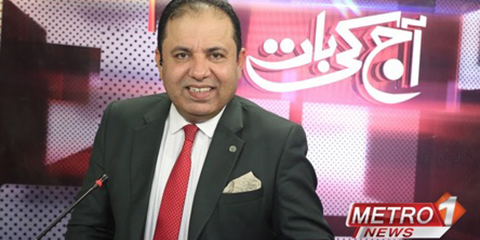
Sindh Police arrest four suspects in journalist Imtiaz Mir murder case
October 28, 2025: Sindh Police arrested four suspects linked to a banned outfit in the murder of journalist Imtiaz Mir, who was shot in Karachi in September 2025.
JournalismPakistan.com | Published 4 years ago
Join our WhatsApp channel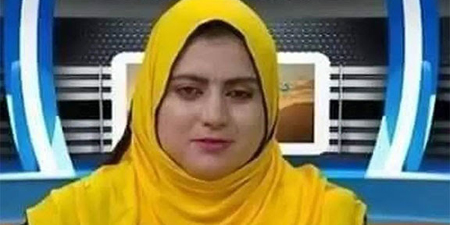
Malala Maiwand, 25, a female TV anchor for Enkaas TV and Radio, was killed by gunmen in a targeted attack in Nangarhar province in eastern Afghanistan on December 10.
The International Federation of Journalists (IFJ) and its Afghanistan affiliate, the Afghan Independent Journalists’ Association (AIJA) have condemned the brutal killing and urged authorities to take swift and meaningful action to ensure the safety of journalists in Afghanistan.
The assailants opened fire on Malala Maiwand's car as she left to travel to work in Jalalabad from her home in eastern Nangarhar province. Both Malala and her driver, Mohammad Tahir, were killed. Following the shooting, the assailants fled the scene.
The Islamic State (IS) has since claimed responsibility for the shooting, terming her a “pro-regime” journalist. Nangarhar is well known for IS militant activity and the group claimed responsibility for most of the recent attacks on civilians in the area.
Tragically, Malala’s murder happened on the last day of the UN's global annual 16 Days of Activism campaign against violence against women. Known as a women’s rights activist, Malala had previously delivered a speech about the challenges for female journalists in Afghanistan. Her mother, who was also a women’s rights activist, was shot dead by unknown assailants five years ago.
The targeted killing is the first since the North Atlantic Treaty Organization (NATO) and the European Union (EU) issued a joint statement on December 7 condemning attacks on journalists and religious leaders.
Malala is the fourth journalist to be killed in Afghanistan in 2020. On November 12, Elias Daei, a 33-year-old correspondent for US-funded Radio Liberty (RFE/RL) was killed in a targeted explosion in Helmand province. Former television presenter Yama Siawash was killed in the explosion in the Makrorayan-e-Char area of Kabul on November 7.
Earlier in the year on May 30, Khurshid TV journalist Zamir Amiri was killed when a roadside bomb exploded targeting the bus carrying Khurshid TV station employees. According to the IFJ South Asia Press Freedom Report, six journalists were killed in Afghanistan in 2019.
The AIJA said: “AIJA urges the Afghanistan security institutions to investigate the killing, share findings with the media community, and punish the guilty.”
The IFJ General Secretary, Anthony Bellanger, said: “The IFJ strongly condemns the murder of Malala Maiwand. A targeted murder of a female journalist in Afghanistan as the world observes a 16-day campaign against violence against women is stressful and disturbing. The challenges for women journalists and activists cannot be underestimated. The cost of standing up for their rights should not cost them their lives.” —IFJ media release

October 28, 2025: Sindh Police arrested four suspects linked to a banned outfit in the murder of journalist Imtiaz Mir, who was shot in Karachi in September 2025.
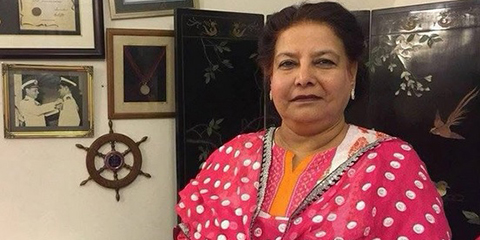
October 26, 2025: Riffat Ara Alvi, the mother of slain Pakistani journalist Arshad Sharif, has died, ending her relentless fight for justice following his killing in Kenya in 2022.
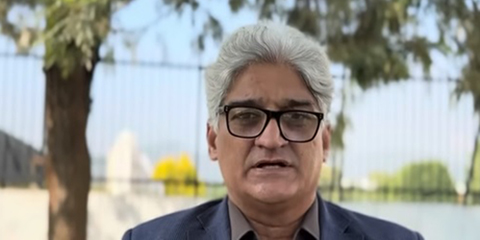
October 25, 2025: Veteran journalists and rights activists urge authorities to quash the fabricated drug case against Matiullah Jan, calling it an attack on media freedom.
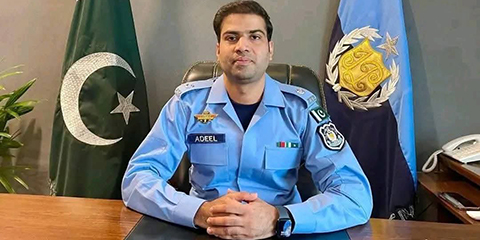
October 24, 2025: PTV journalist Najam Wali Khan faces social media backlash after calling late SP Adeel Akbar a coward and a fool following his alleged suicide in Islamabad.
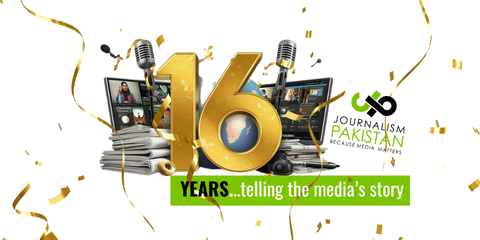
October 24, 2025: JournalismPakistan.com celebrates 16 years of independent reporting and media insight. Founded in 2009, the platform has weathered censorship, cyberattacks, and financial pressures to remain a trusted space for all who love and follow the media.

October 23, 2025: PFUJ calls for the immediate appointment of an ITNE judge, warning of a serious case backlog affecting journalists and media workers seeking justice across Pakistan.
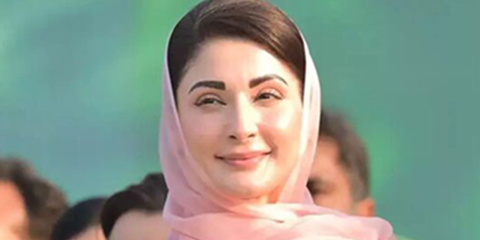
October 21, 2025: 92 News apologizes to Maryam Nawaz for falsely claiming she bought a Toshakhana watch at Rs45,000, correcting the misinformation aired in 2022.
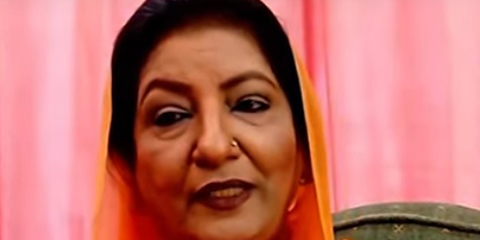
October 20, 2025: Fake news falsely claimed Ishrat Fatima’s death, sparking outrage. Colleagues condemn digital misinformation and honor her enduring legacy.

October 29, 2025 In a historic first, a Bishkek court declares Kloop, Temirov Live, and their founders extremist, marking Kyrgyzstan’s sharpest assault on press freedom under President Japarov.

October 29, 2025 Babar Azam's form slump reveals a psychological battle between classical artistry and modern cricket demands. Inside the mind of Pakistan's maestro, struggling to rediscover flow.

October 29, 2025 The New York Times is accepting applications for its 2025 fellowship, a one-year journalism training program for emerging reporters, editors, and visual journalists. Deadline: November 19, 2025.

October 29, 2025 CPJ calls on Turkey to release journalist Merdan Yanardag and return control of TELE1, after his arrest on espionage charges and state media takeover.

October 29, 2025 Alfred Friendly Press Partners invites exiled journalists in the US to apply for its 2026 four-week fellowship offering training, support, and a $2,000 stipend.